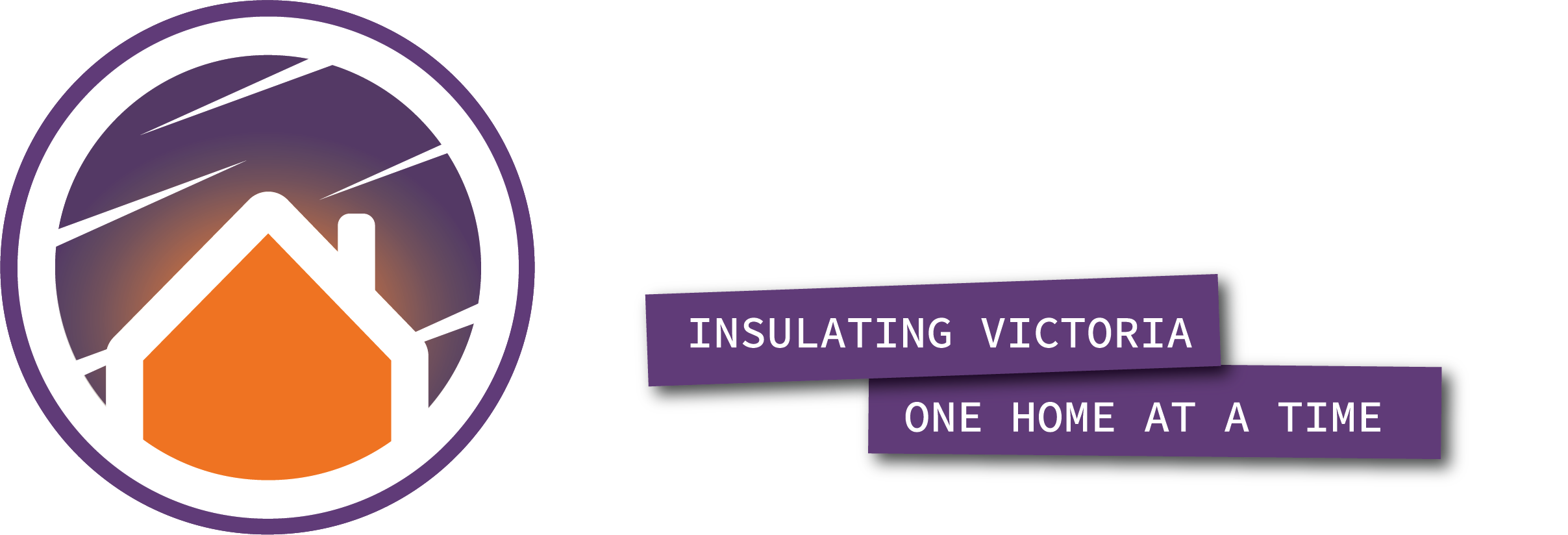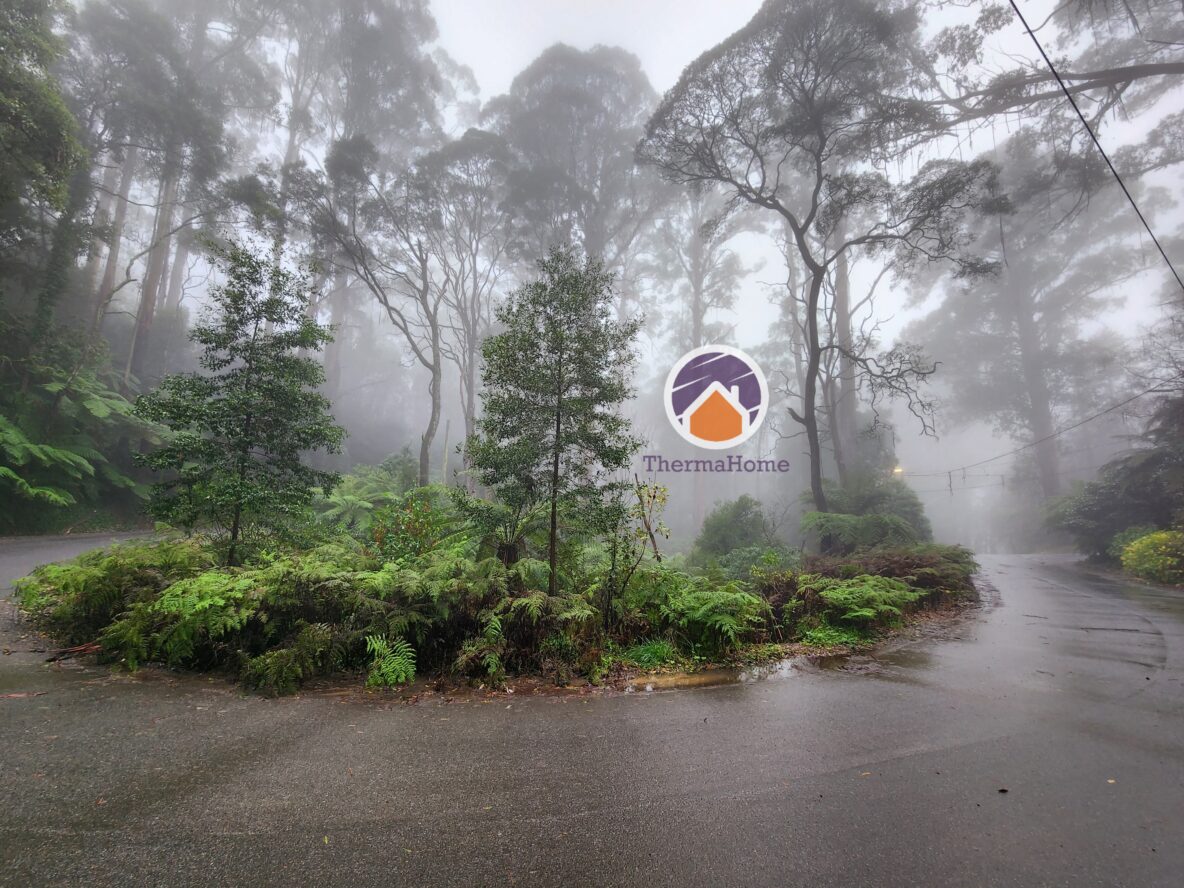Melbourne, with its unpredictable weather patterns ranging from scorching summers to chilly winters, presents unique challenges for homeowners, particularly those living in older properties. This makes insulation an essential upgrade. Why insulating older Melbourne homes matter lies in its ability to address key issues such as thermal comfort, energy efficiency, and structural preservation. In this article, we explore how proper insulation can transform these homes, ensuring year-round comfort, reducing energy consumption, and promoting environmental sustainability in Melbourne’s distinctive climate.
Preserving Thermal Comfort: Older homes in Melbourne often lack adequate insulation, leaving occupants vulnerable to extreme temperature fluctuations. During winter, poorly insulated homes lose heat rapidly, resulting in cold, uncomfortable living spaces. Conversely, in summer, insufficient insulation fails to prevent heat gain, leading to sweltering indoor conditions.
Insulating old homes helps maintain a comfortable indoor temperature year-round by minimizing heat transfer through walls, ceilings, and floors. By creating a thermal barrier, insulation retains warmth during winter and keeps interiors cool during summer. This enhancement in thermal comfort is essential for the well-being and satisfaction of occupants, ensuring a pleasant living environment regardless of external weather conditions.
Energy Conservation: The energy consumption of older homes in Melbourne is typically higher due to inadequate insulation, resulting in increased reliance on heating and cooling systems. This inefficiency not only leads to elevated utility bills but also contributes to environmental degradation through higher carbon emissions.
Insulating old homes is a proactive measure to reduce energy consumption and promote sustainability. Proper insulation helps to optimize the performance of heating and cooling systems by minimizing heat loss in winter and heat gain in summer. As a result, homeowners can significantly decrease their energy usage, leading to substantial cost savings and a reduced carbon footprint.
Preservation of Structural Integrity: Older homes in Melbourne are susceptible to structural deterioration caused by moisture ingress, condensation, and temperature fluctuations. Without proper insulation, these factors can lead to a range of issues, including dampness, mould growth, rot, and even structural damage.
Insulation plays a crucial role in preserving the structural integrity of old homes by mitigating moisture-related problems and stabilizing indoor temperatures. By preventing condensation and moisture build-up within walls and ceilings, insulation safeguards against mould growth and wood decay, prolonging the lifespan of the building’s structure.
Moreover, insulation helps to regulate temperature fluctuations, reducing the expansion and contraction of building materials due to thermal stress. This mitigates the risk of cracks, warping, and other forms of structural damage, ensuring the longevity and stability of old homes in Melbourne’s climate.
Enhanced Property Value: Insulating old homes can significantly enhance their market value and appeal to potential buyers. In Melbourne’s competitive real estate market, energy efficiency and sustainability are increasingly valued attributes sought by homebuyers.
Upgrading insulation in older homes not only improves comfort and energy efficiency but also enhances the property’s desirability and resale value. Energy-efficient homes with proper insulation are more attractive to prospective buyers, commanding higher selling prices and faster sale times. Therefore, investing in insulation for old homes is not only beneficial for current occupants but also offers long-term financial returns and asset appreciation.
Environmental Sustainability: In the face of climate change and environmental concerns, promoting sustainability in residential housing is imperative. Old homes with inadequate insulation contribute to unnecessary energy consumption and greenhouse gas emissions, exacerbating the impact on the environment.
Insulating old homes is a sustainable solution that aligns with efforts to reduce carbon footprints and combat climate change. By improving energy efficiency and reducing reliance on fossil fuels, insulation helps mitigate environmental degradation and promote a more sustainable lifestyle. Additionally, the long lifespan of insulation materials ensures lasting benefits for both homeowners and the planet.
Insulating old homes in Melbourne’s climate is not just a matter of comfort; it’s a strategic investment in energy efficiency, structural integrity, property value, and environmental sustainability. From preserving thermal comfort and conserving energy to safeguarding against structural deterioration and enhancing resale value, the benefits of insulation are manifold.
Homeowners, policymakers, and real estate stakeholders alike must recognize the significance of insulating old homes and prioritize initiatives to promote energy-efficient retrofits. By addressing the insulation needs of older properties, we can create healthier, more sustainable communities while mitigating the impact of climate change on our built environment. ThermaHome can help with a simple quote to get you going on your comfortable insulation journey. Call us today.

